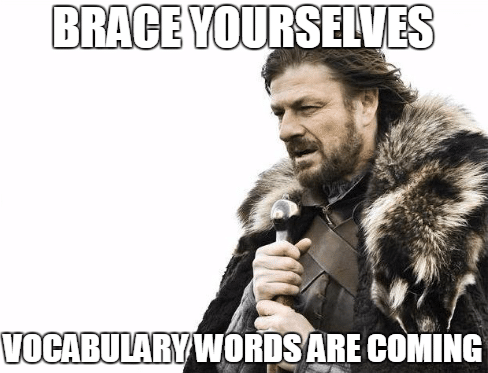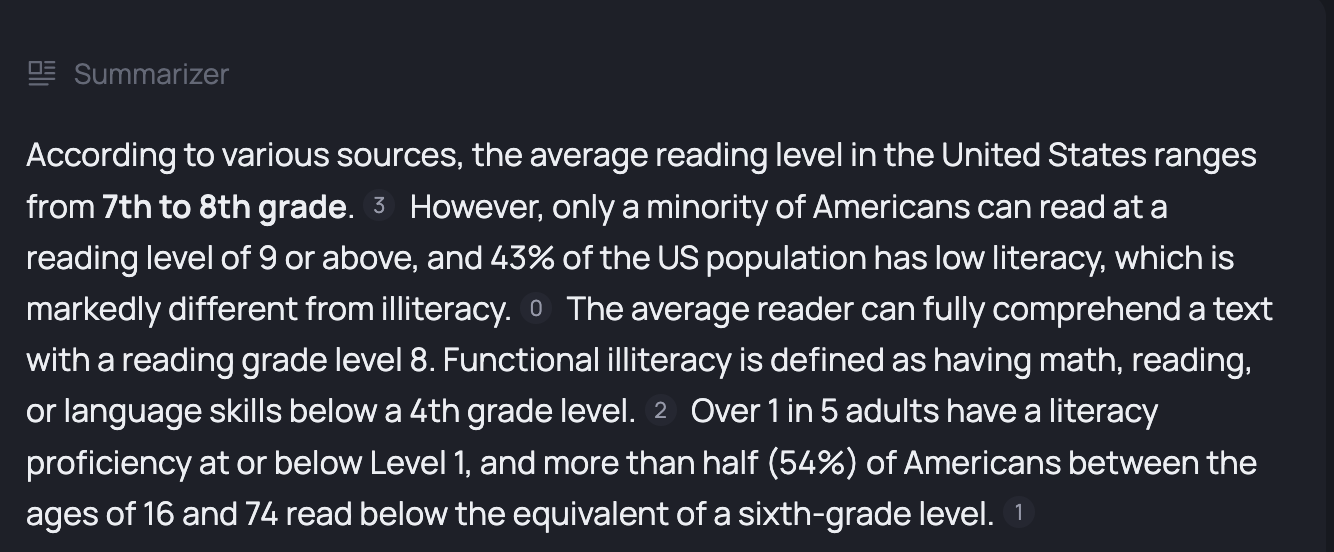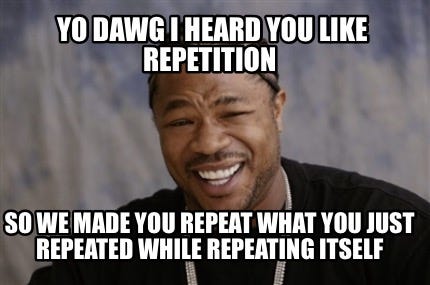Most Common Words That Are Used In Multiple Languages
The Importance of Understanding Common Words
Welcome, aspiring polyglot! Someone recently asked me what the most common words are so that they could accelerate their language acquisition journey. While I believe that it is probably best to go about language acquisition by learning to speak your target language in the same way you speak your native language, there are benefits to understanding which words will be used the most often and which words will really differentiate your vocabulary from that of a new learner.
That said, finding balance is important. Learning the most common words will be helpful, but it is not an end all be all. One of the magical aspects of learning a new language is developing the ability to speak eloquently in it. Creating art and crafting beautiful sentences is always a worthwhile endeavor. Until you are able to do that, though, here are some ways to focus your energy on what moves the needle the most.
Tips When Compiling Your List of Phrases
Common phrases and phrasebooks in general can be useful, but most people will never open them after buying them. The reason for this is, primarily, that they assume everyone speaks the same. This assumption doesn't hold up under basic scrutiny. So, what are you to do?
Develop your own "Pocket Phrasebook"
I've said this more times than I can count, but the most vital piece of learning a language is learning to speak it the way you speak your native language. If you are pulling from a base of knowledge you already have, talking the way you would normally talk, and aligning your speech across languages, you will find it comes more naturally to you. That said, it is worth doing the research to ensure the phrases you're working to memorize are actually correct and used in your target language. This is what that looks like:
Know the most common words
When you are writing out your phrases try to ensure you're mixing in the most common words that tend to be the same across languages.
Make sure it's something you would actually say
There is no point in learning things that you will never use. If you are going to spend time and energy learning a new language you might as well learn to speak it in the same way you speak your native language.
Don't over complicate it
Most people do not have a very large vocabulary. While I believe firmly that you should focus on consistently enlarging and refining your vocabulary, I also understand that it is not the first thing most people will do, nor should it be. Focus on building a strong and reliable foundation.
Most Common Words That Are Used In Multiple Languages
Something that has become more and more evident over the past several is how few words the average person knows even in their native language.
While the ideal approach is to remedy this and become so proficient in your target language that it stuns native speakers. It is difficult, but possible in many cases. That said, it is also an advantage you have as someone studying a new language. With just a few words, you can start speaking quickly. Other languages often share common nouns, adjectives, adverbs, and even phrases.
Learning these will give you a leg up whether you're learning Spanish, German, Mandarin Chinese, or whatever the local language is wherever you find yourself. Developing such a list without linguistic research is possible. In fact, I went and did it for you! Get your FREE Digital Common Word Logbook now!
If you're paralyzed by trying to figure out where to direct your focus to get the highest return, take some time to learn the most common words in your target language, which will generally be the same as your native language. The primary reason for this is you will set yourself up to begin speaking the language the same way that you speak your native language.
Why Focusing on Common Words will Accelerate Language Learning
By learning to speak the new language in the same way that you speak your native language, speaking will come more naturally. Yes, the grammatical structure will change. The verb conjugations will change. But the way you think will not change. Don't fight against years and decades of linguistic pattern development. Leverage what you already have and know and build on it.
Once you've laid down a vocabulary base centered around the most common words and phrases, you have a roadmap already laid out to advance. It is impossible to build anything lasting on a shoddy foundation. There is a reason that "Master the basics" is advice that is repeated to everyone and anyone who wishes to excel at anything.
Beyond laying down a foundation and setting yourself up for future success, learning all of the most basic words and phrases will open up a whole new literary world for you. Very few books have more than 10000 unique words. Most books have less than 5000 unique words. By getting control of the 500 or so most common words in a language will give you an advantage over other language learners who are not taking a focused, intentional approach. Not only that, but you will make gains simply through repetition.
The Power of Repetition when Learning Common Words
An important thing to remember is that common means most frequently used. That means the most opportunity to see them in action and in different scenarios. At the end of the day, the only thing that matters for the average language learner is getting enough repetition in and that is where most people fall short.
By using the Common Word Logbook, you'll be able to keep track of words common to all languages; and since it's FREE and digital, you can use it with as many languages as you want! I encourage you to print out a copy, writing is a phenomenal way to ensure you are able to remember everything you are working so hard to learn.
Taking the Building Blocks and Making Sentences
While the language debate between grammar and vocabulary maxing will likely never end, I tend to believe that vocabulary is the most important. That is why I focus so much on reading, writing, and now common words.
Words are the building blocks and grammar is how they fit together to build something beautiful, in theory. By knowing the words and reading you will be able to understand how they fit together. For more on pattern recognition you can check out this piece:
In conjunction with pattern recognition skills, a large vocabulary base will give you a leg up on the competition. The stronger the base, the larger and more impressive that which is built upon it can be; and my goal is to set you up to build something worthwhile. You deserve to have a new world open before you, and all it takes is learning a few words.
Opening up a New World by Learning a Few Words
Once you've gotten the common words done, you can start listening to new music, discovering new books, and watching new media. Simply by understanding most of what is said, you will be able to understand the larger context most of the time. For more on using context clues to learn a language, you can read this:
You owe it to yourself to give yourself the gift of learning a new language and culture. Open up the world and do it piece by piece. The first piece? Learning the most common words. Don't forget to get your free Digital Common Word Logbook today!!
Conclusion
Learning a second language is no easy endeavor. While it can be simple, there are many things that make it complex. That said, all that really matters at the end of the day is consistency. That's why we started the Duolingo movement.
It's not the perfect app, but being able to see other people working towards the same goal as you is powerful. Especially when all of those people are rooting for your success, too. There are countless language learning programs, but half an hour on Duolingo, combined with the above second language strategies, will allow the average person to make more progress than most online courses.
It is not impossible to learn a language fast, but if that is the goal it is imperative to understand that it will be difficult. Picking up a foreign language at any speed is going to be challenging. But you can do difficult things and be great. So go do difficult things and become great. I will be here by your side endeavoring to do the same. I'll be here rooting for you and watching out for your successes in the meantime.
For more content check out Second Language Strategies dot com or find me on Twitter or Instagram. If you are struggling to get speaking in your target language, get up to 55% off a Babbel subscription using this link. I look forward to seeing everyone’s progress in the months and years to come.









